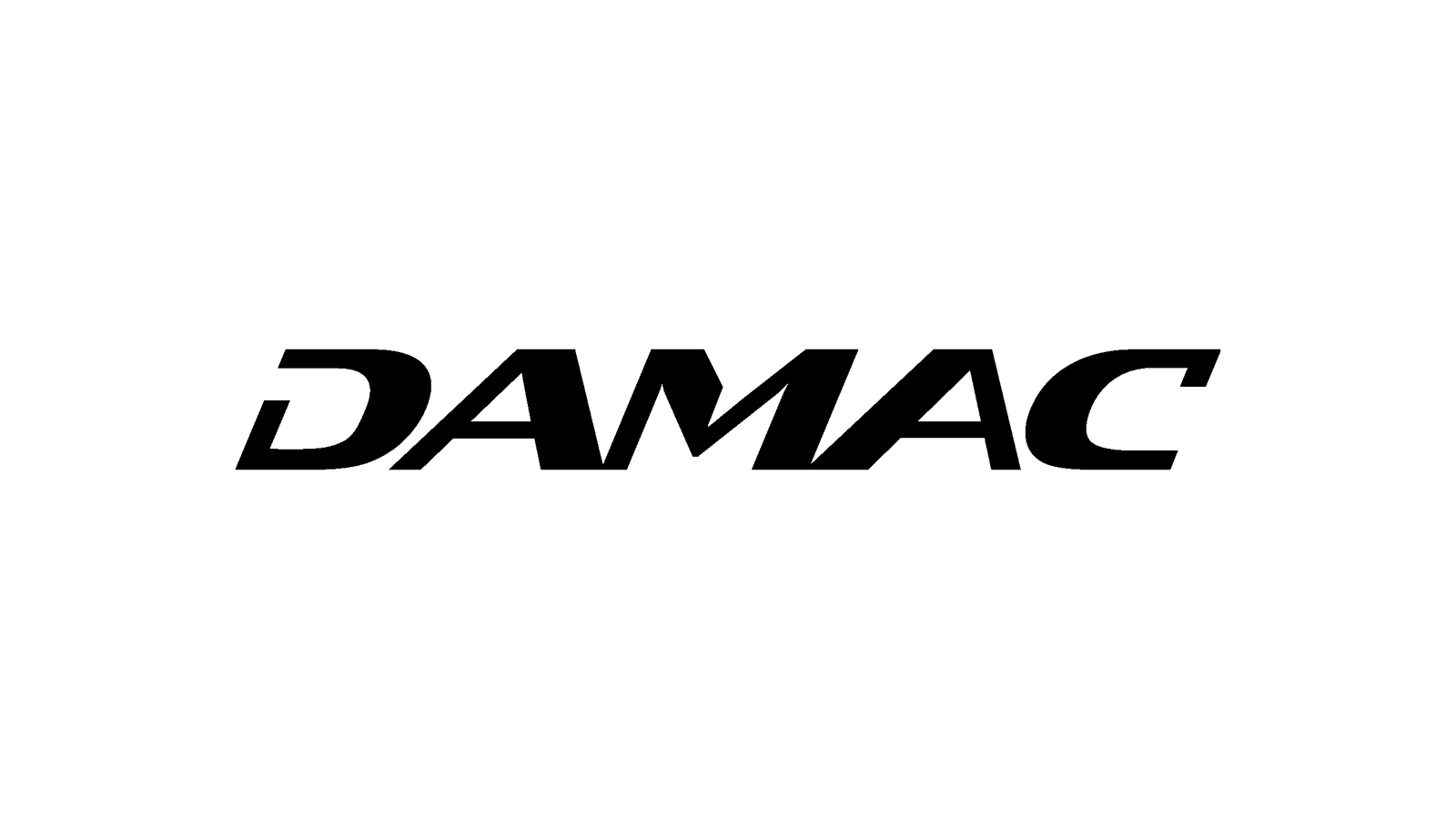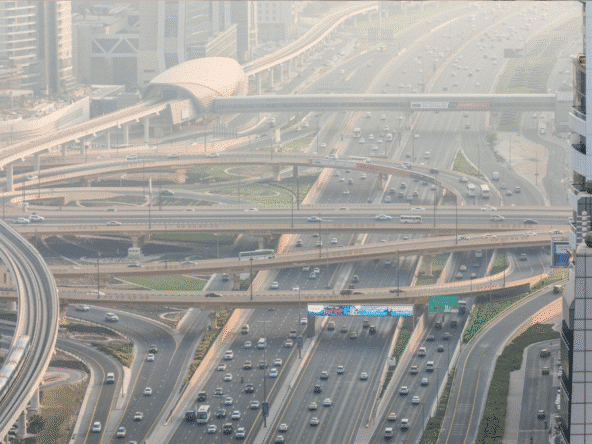Dubai has long been regarded as a global hub for business, luxury living, and tax advantages. One of the key attractions for expatriates and companies in the UAE is the promise of a “tax-free” environment. However, the reality behind Dubai being entirely tax-free is more nuanced. While Dubai does not impose traditional income tax, there are other taxes and fees that residents and businesses need to Understand. This article will explain whether Dubai is truly tax-free, with a focus on income tax, UAE tax policies, and the introduction of corporate tax in the UAE. We will also explore how these factors may affect residents of major developments such as DAMAC Properties, DAMAC Lagoons, DAMAC Hills, and DAMAC Hills 2.
The Myth of a “Tax-Free” Dubai
When people think of Dubai, they often imagine a completely tax-free environment, where they can keep their entire income without deductions. While it is true that there is no income tax in Dubai for individuals, this doesn’t mean that Dubai is entirely free from taxes. The idea of Dubai as a tax haven has its limitations, and several taxes, fees, and levies apply to businesses and residents alike.
No Personal Income Tax
One of the most appealing aspects of living in Dubai is the no income tax in Dubai policy. For individual residents, this means that any salary earned in Dubai is free from income tax, which is a stark contrast to many other countries around the world. This policy has been particularly beneficial for expatriates who have relocated to Dubai for work, making it one of the leading destinations for international talent.
For residents living in prominent developments like DAMAC Properties or DAMAC Hills, this means that their earnings are not subject to personal income taxes. This gives them more disposable income compared to many other places, making Dubai an attractive destination for high-net-worth individuals.
However, while there is no income tax in Dubai, there are other forms of taxation that affect residents and businesses in the UAE.
Types of Taxes in Dubai and the UAE
Although there is no income tax in Dubai, the government of Dubai and the UAE still imposes a range of taxes and fees to generate revenue. Let’s break down some of the major taxes and levies that residents and companies need to be aware of.
Value Added Tax (VAT)
Introduced in 2018, Value Added Tax (VAT) is one of the most significant changes to the tax landscape in the UAE. The standard rate of VAT in Dubai is 5%, which applies to most goods and services, including retail purchases, hotel stays, and restaurant meals. This tax has become a primary source of revenue for the government.
While VAT does not directly affect income tax in Dubai, it does impact the overall cost of living and spending for residents, including those in developments like DAMAC Lagoons and DAMAC Hills. For example, if you live in one of these communities and frequent the local retail stores, cafes, or restaurants, you’ll encounter the 5% VAT added to most purchases.
Excise Tax
Another tax that affects consumers in Dubai is the excise tax. This is a selective tax applied to goods that are deemed harmful to health or the environment. The excise tax in Dubai applies to items such as tobacco, energy drinks, and sugary beverages, with the goal of encouraging healthier living.
The impact of this tax is particularly relevant to those who live in areas like DAMAC Hills 2, where there is a growing trend of residents seeking a lifestyle that promotes health and wellness. With the excise tax being applied to certain products, it’s important for residents to factor these costs into their budgets.
Municipality Fees and Housing Fees
Dubai residents are also subject to municipality fees, which can affect property owners and tenants alike. For example, if you live in an apartment in DAMAC Properties or DAMAC Lagoons, a housing fee will be included in your utility bills. This fee is calculated based on the rental value of the property and is typically around 5% of the annual rent.
These municipality fees help fund local services such as waste collection, street cleaning, and general urban maintenance, so while they may not be classified as taxes in the traditional sense, they still contribute to the overall cost of living in Dubai.
Corporate Tax in the UAE
While the income tax in Dubai is absent, businesses are subject to other types of taxation, especially with the recent introduction of corporate tax UAE. As of 2023, the UAE implemented a corporate tax for the first time. This tax applies to businesses making profits above a certain threshold. The new corporate tax rate is 9% for companies earning more than AED 375,000 annually, with lower rates or exemptions available for small businesses.
For companies based in DAMAC Hills or DAMAC Lagoons, the introduction of corporate tax UAE marks a significant shift in the tax landscape. While this tax is still relatively low compared to international standards, it represents a change in the government’s approach to corporate taxation. Companies involved in real estate, like those involved with developments such as DAMAC Hills 2, will need to comply with this new regulation.
Other Fees and Levies
While Dubai does not impose traditional income or corporate taxes on most businesses and individuals, there are still several other fees that residents and businesses need to be aware of. These can include:
- Road tolls (Salik) for using certain roads and highways.
- Airport taxes when flying in or out of Dubai.
- Service charges for utilities like water and electricity.
These fees, while not technically taxes, are additional costs that contribute to the overall living expenses in Dubai.
Is Dubai Really Tax-Free for Companies?
Dubai is an attractive destination for businesses due to its no income tax in Dubai policy and the absence of many traditional taxes. However, with the introduction of the corporate tax UAE, businesses now face new obligations. For companies in areas like DAMAC Properties or DAMAC Hills, this means accounting for the new corporate tax when planning their budgets and operations.
The implementation of the corporate tax does not completely eliminate Dubai’s appeal as a business hub. In fact, it still remains one of the most favorable environments for startups and established companies alike, especially given the relatively low tax rate compared to many other countries.
What About Free Zones?
For businesses in Dubai’s free zones, many still enjoy tax exemptions for a specific period (typically 15 to 50 years), and these zones often remain exempt from the new corporate tax UAE. Free zones such as the Dubai International Financial Centre (DIFC) or Dubai Silicon Oasis offer attractive incentives to entrepreneurs and corporations, making them a viable option for international companies looking to establish a presence in the UAE.
How Does Dubai Compare to Other Tax Havens?
When comparing Dubai to other tax havens, it’s clear that Dubai offers a unique blend of no personal income tax in Dubai, relatively low corporate taxes, and limited indirect taxes. For residents, this means that Dubai can still be considered one of the most tax-friendly places in the world, especially when compared to countries with high income tax rates or complex tax systems.
For those living in luxury developments like DAMAC Lagoons or DAMAC Hills,or DAMAC Chelsea Residences the absence of income tax in Dubai has made the city an appealing option for high-income earners and expatriates seeking a better quality of life. With the combination of tax benefits, a vibrant economy, and world-class amenities, Dubai continues to be a global leader in attracting businesses and residents from all over the world.
Final Thoughts on Dubai’s Tax System
In conclusion, while Dubai is not entirely tax-free, the absence of income tax in Dubai for individuals remains one of the most attractive features of living and working in the UAE. However, residents and businesses in Dubai must be aware of other taxes and fees, such as VAT, excise taxes, and the recently introduced corporate tax UAE. Whether you live in DAMAC Properties, DAMAC Lagoons, DAMAC Hills, or DAMAC Hills , it is important to consider the full scope of taxes and fees that apply to your situation. Despite the introduction of some new taxes, Dubai continues to be one of the most tax-friendly environments for residents and businesses alike.
Related Topics
Disclaimer:
The information provided in this article is intended for general informational purposes only. The details mentioned are based on the best available information at the time of publication and are subject to change without notice by the respective authorities. Readers are encouraged to consult the relevant offices directly for the most accurate and updated information.




